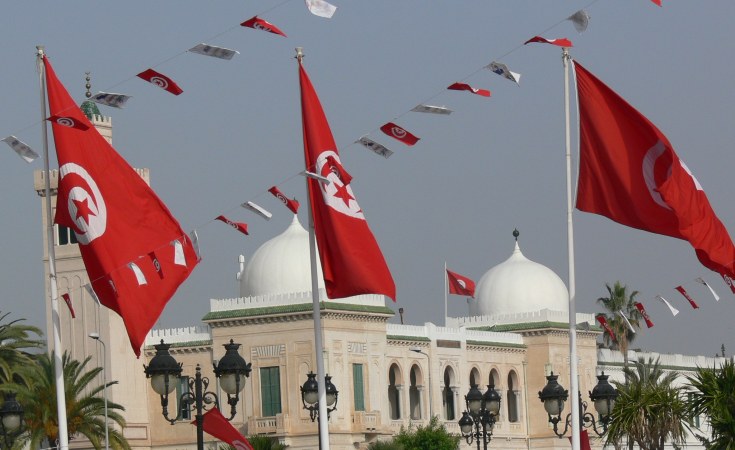Tunis/Tunisia — President of the Independent High Authority for Elections, Farouk Bouasker, described the voter turnout in the legislative elections as "modest", saying the reasons for the low turnout were mainly "the changes to the voting system and the absence of political money in electoral campaigns."
In response to a question by TAP about the election commission's comment on the turnout and the reasons for the low turnout, Bouaskar said, "the elections are clean, and the electoral campaign took place for the first time in an atmosphere free from suspicious political money that was the reason behind buying votes, and from the use of media by political parties.
In his answer to journalists' questions, during the press conference dedicated to announcing the preliminary voter turnout in the legislative elections on Saturday evening, he said candidates were able, through their individual efforts, to attract the 800,000 voters who cast their ballots. The turnout could have been much higher if the legal system for public and foreign funds and the use of associations and television channels was maintained, he indicated.
He added that the Commission spared no effort in carrying out the necessary awareness campaign in the audio-visual media, in the street, and through text messages, to persuade voters to go to the polls.
He stressed that the Commission spent the sums of money allocated for the awareness campaign away from waste as it is a trustee of public funds.
With regard to electoral districts for expats, he stated that the three electoral districts in France 2, France 3, and Italy have three individual candidates each who, through their diligence, were able to secure 2000 votes, although they did not need that. He remined that there were MPs representing expats who got only 280 votes in the 2019 elections, despite competing with other candidates.
Regarding the lack of candidates in electoral districts abroad, Bouaskar stressed that the commission applied the law, away from political calculations and submitting to pressures.
It had, in this context, disqualified candidates in France1, Germany, the rest of Europe, the Arab world, and the Americas, which led to a lack of candidates in seven constituencies abroad.


